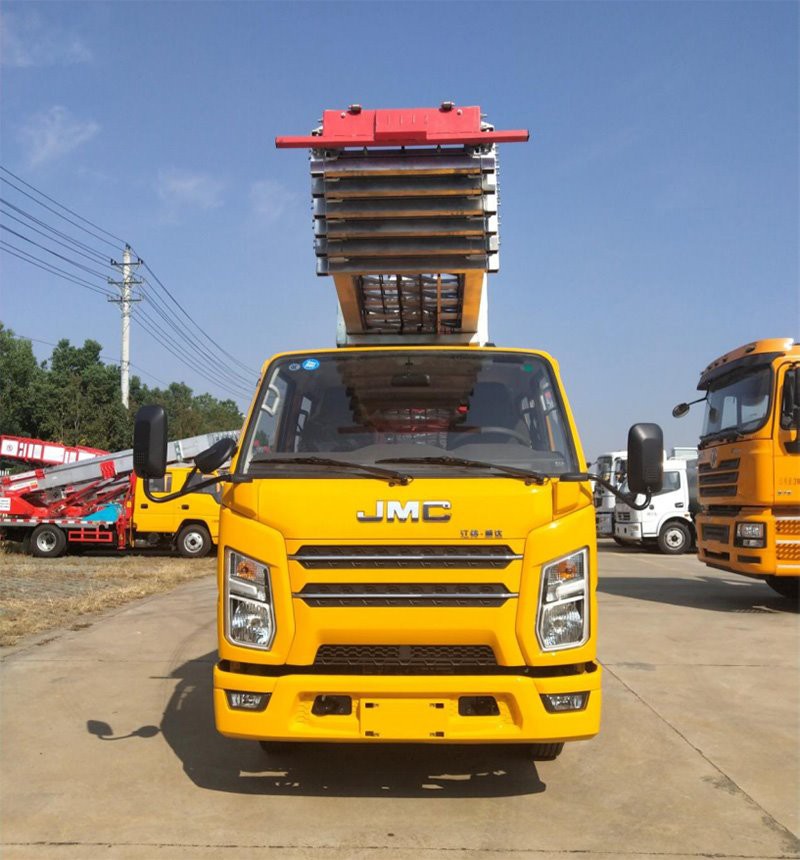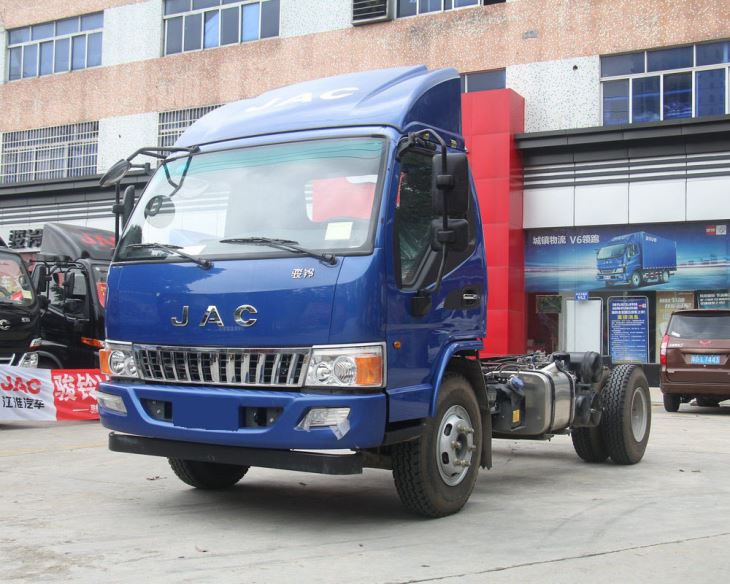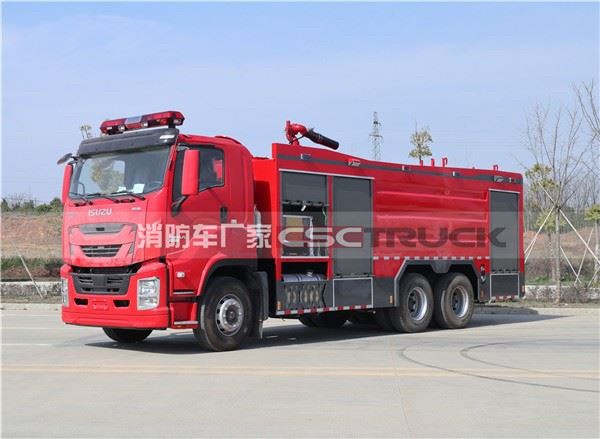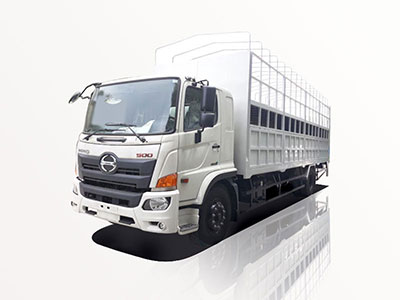When it comes to heavy-duty vehicles, trucks and tippers play a crucial role in transportation and construction industries. These vehicles not only move materials but also cater to various needs across sectors such as mining, construction, agriculture, and logistics. This article dives deep into everything you should know about trucks and tippers.
1. What is a Truck?
A truck is a motor vehicle designed primarily for transporting cargo. Trucks come in various sizes and capacities, making them essential in a wide range of industries. From small pickup trucks to large freight carriers, the diversity in truck design allows them to meet multiple needs.
1.1. Types of Trucks
- Light-Duty Trucks: Ideal for personal use and light loads, these trucks include pickups and vans.
- Medium-Duty Trucks: Commonly used for local deliveries, these trucks can carry heavier loads than light-duty models.
- Heavy-Duty Trucks: Designed for more significant and weighty tasks, these trucks are often used in construction and long-haul freight activities.
1.2. Key Components of a Truck
Understanding a truck’s components can clarify its operation and maintenance:
| Component | Function |
|---|---|
| Chassis | Framework that supports the truck and its components. |
| Engine | Powers the truck; can be diesel or gasoline. |
| Transmission | Transfers power from the engine to the wheels. |
| Axles | Support the wheels and help the truck move. |
| Cargo Area | Storage space for transporting materials. |
2. What is a Tipper?
A tipper, also known as a dump truck, is a specialized type of truck designed to transport and unload heavy materials such as sand, gravel, or demolition waste. Its unique mechanism allows the cargo area to tilt to one side, facilitating easy unloading.
2.1. Types of Tippers
- Standard Tippers: Typically used for construction and roadwork, these are the most common type of tippers.
- Side Tippers: Designed to unload materials from the side, ideal for bulk materials.
- Rear Tippers: These are the most frequently used tippers and are known for their rear-dumping capacity.
- Articulated Tippers: Offer more flexibility in tight spaces, suitable for rough terrain.
2.2. Key Features of Tippers
What makes tippers unique? Here are some essential attributes:
| Feature | Description |
|---|---|
| Hydraulic System | Enables the cargo bed to lift for unloading. |
| Sturdy Chassis | Built to handle heavy loads and rugged conditions. |
| Variety of Sizes | Available in multiple configurations for different tasks. |
3. The Importance of Trucks and Tippers in the Industry
Trucks and tippers significantly contribute to various industries, making operations smoother and more efficient. Here’s how:
3.1. Transportation
Trucks are indispensable for transporting goods from one location to another. They help move agricultural produce, manufactured goods, and retail inventory effectively.
3.2. Construction
Tippers, in particular, are vital in the construction industry, facilitating the movement and disposal of raw materials like soil, gravel, and concrete.
3.3. Cost Efficiency
Using trucks and tippers can lower transport costs by enabling the bulk movement of materials, reducing the need for multiple trips.
4. How to Choose the Right Truck or Tipper
Selecting the right vehicle is crucial. Here are some factors to consider:
4.1. Purpose
Are you using it for personal transport, commercial deliveries, or construction? Understanding the primary use helps narrow down options.
4.2. Load Capacity
Determine the weight of materials you plan to transport. Each truck and tipper has a specified load capacity; exceeding it can lead to damage and safety concerns.
4.3. Terrain
Consider the type of terrain where you’ll operate the vehicle. Some trucks are better suited for rough terrains while others perform better on highways.
5. Maintenance Tips for Trucks and Tippers
Proper maintenance ensures durability and reliability. Consider the following tips:
5.1. Regular Inspections
Schedule routine checks for tires, brakes, and lights to ensure operational safety.
5.2. Oil Change
Regular oil changes are crucial for engine performance. Follow the manufacturer’s guidelines for oil change intervals.
5.3. Clean the Vehicle
Regular cleaning prevents rust and maintains the vehicle’s aesthetic appeal.
6. Fuel Efficiency in Trucks and Tippers
Improving fuel efficiency can lead to significant cost savings. Here are practical tips:
6.1. Drive Smoothly
Avoid sudden acceleration or braking to improve fuel consumption.
6.2. Reduce Excess Weight
Remove unnecessary cargo and equipment to reduce the overall weight of the vehicle.
7. Safety Measures for Operating Trucks and Tippers
Safety should always be a top priority. Here are key measures to follow:
7.1. Use Seat Belts
Ensure all drivers and passengers wear seat belts while the vehicle is in motion.
7.2. Training
Ensure operators receive proper training on how to handle trucks and tippers.
7.3. Load Distribution
Ensure that the load is evenly distributed in the cargo area to maintain stability and control.
8. Future of Trucks and Tippers: Trends and Innovations
The trucking industry is evolving with advancements in technology:
8.1. Electric Trucks
Electric trucks are gaining popularity as companies look for sustainable transport solutions.
8.2. Autonomous Vehicles
The development of self-driving technology is expected to revolutionize the trucking industry, improving safety and efficiency.
8.3. Advanced Safety Features
Modern trucks and tippers now come equipped with features like collision detection systems and blind-spot monitoring.
9. Common Questions About Trucks and Tippers
FAQ
1. What is the difference between a truck and a tipper?
A truck is a general-purpose vehicle designed to transport cargo, while a tipper is a specific type of truck designed to unload its cargo by tilting its bed.
2. How much can a standard tipper carry?
Standard tippers can typically carry loads ranging from 10 to 20 tons, depending on their specifications.
3. Do tippers require special licenses to operate?
Yes, operating a tipper often requires a specific commercial driving license, particularly due to its size and weight.
4. How can I improve my truck’s fuel efficiency?
Maintain proper tire pressure, remove excess weight, and drive smoothly to improve fuel efficiency.
5. What maintenance is necessary for trucks and tippers?
Regular inspections, oil changes, and cleaning are essential to ensure a truck or tipper remains in optimal working condition.
6. What types of industries utilize tippers?
Tippers are commonly used in construction, mining, and waste management industries to facilitate easy transport and unloading of materials.



